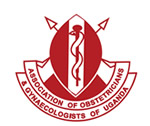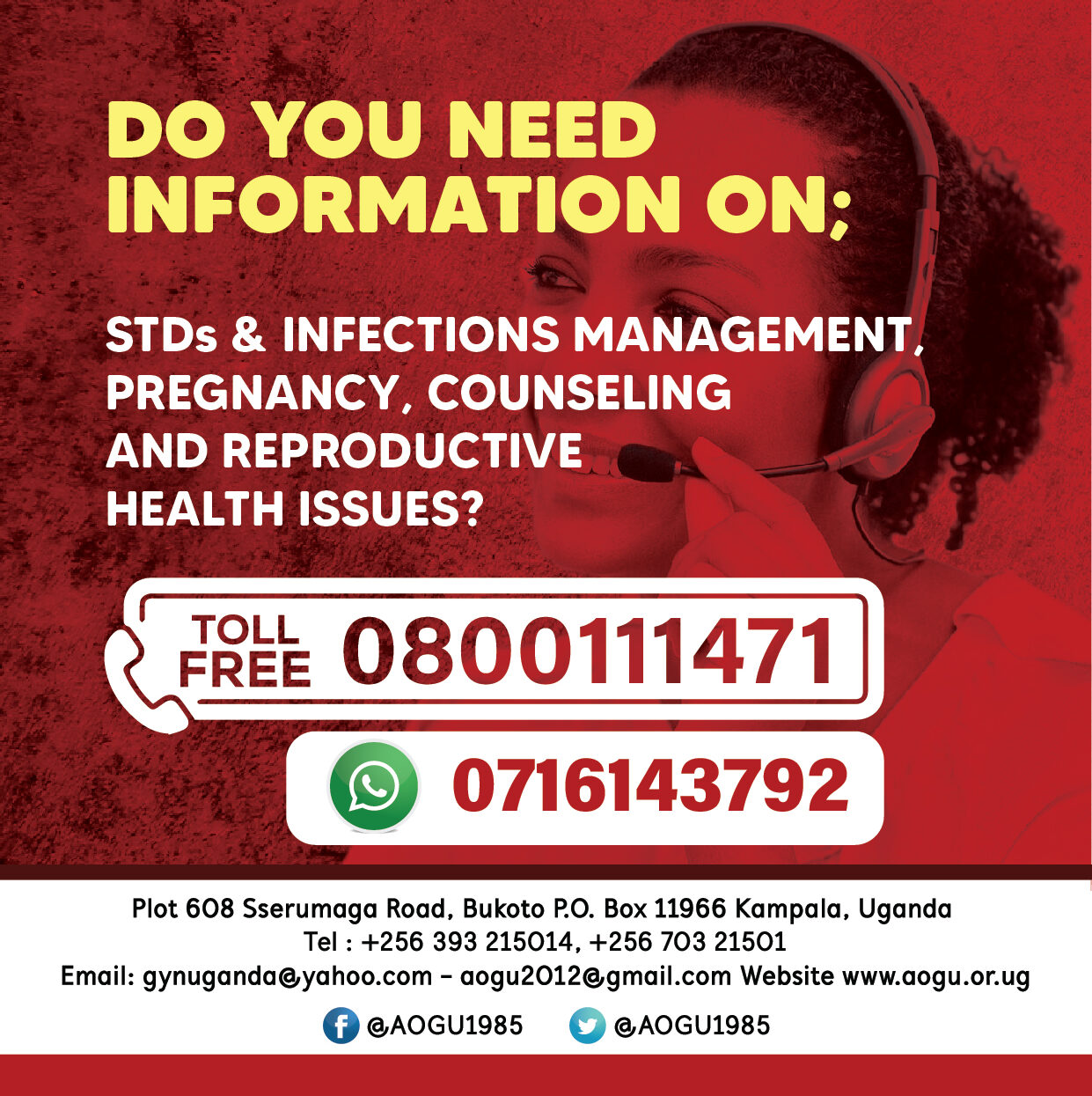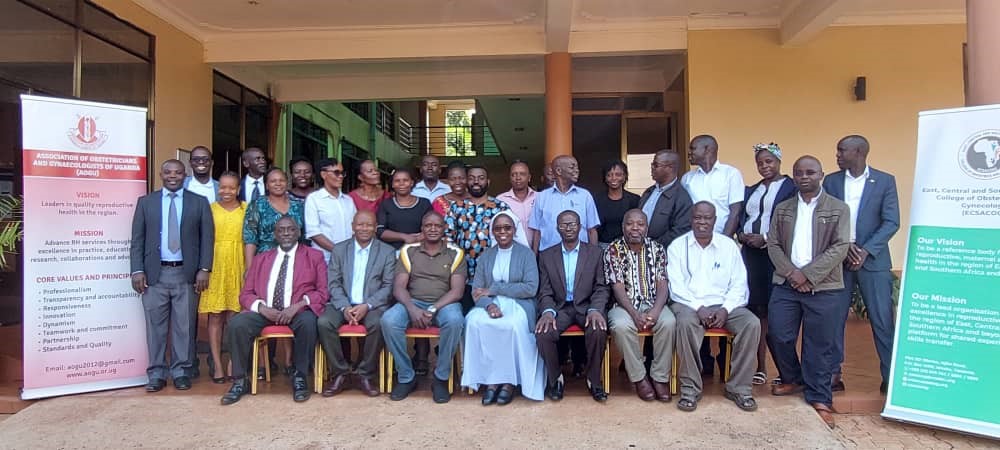
Experts have pointed out gaps in data as one of the challenges affecting the effective provision of Sexual and Reproductive Health (SRH) services.
While the provision of medical services is going digital globally, local obstetricians and Gynecologists under the Association of Obstetricians and Gynecologists of Uganda (AOGU) have expressed frustration over the fact that they still have to dig into piles of books to access medical records of patients, even at the time of an emergency where quick intervention is needed.
Professor Dan Kaye, a Gynecologist at the government-owned Kawempe National Referral hospital, says while private facilities have moved on to online resources such as clinic master to record and save patient data, at the facility the book gets filled in less than a month.
While this data is available as these books are stored by the hospital, retrieving the data at a time of urgent need is quite difficult.
Kaye says early last week, while on night duty, he lost three mothers due to a tear but for all of them the main challenge was lack of blood and yet they were referrals with no records attached to their cases.
The professor says such deaths can be avoided with quick access to data in addition to simple technological innovations such as garments that are worn by women to stop excessive bleeding.
To him, such an innovation as the Non-pneumatic Anti-Shock Garment (NASG) is a low-cost first-aid device that can be used simply by wrapping it around the women’s feet even in the villages but they are not readily available despite the fact that they are very cheap.
The NASG costs about twenty dollars approximately Shillings 74,000, but according to Yassin Magombe, a Behavioral Change Specialist working with a Tech company, Addie Innovations there’s no awareness about the availability of such innovations.
Speaking to journalists during a Science Media Café organized by the Health Journalists Network of Uganda (HEJNU), Magombe revealed that the tech company is now partnering with the Association of Obstetricians and Gynecologists of Uganda (AOGU) to come up with simple innovations such as keeping a network of people that can quickly donate rare blood types to women in need in addition to setting up a call center for quick inquiries about key sexual and reproductive health services.
However, bleeding remains one of the top five causes of maternal mortality. According to Dr. Charles Olaro, the Director of Curative Services in the Ministry of Health, the problem of bleeding is being solved as more and more women are now opting to deliver at the health facility and are attended to by skilled personnel.
Also, he says, more facilities are now offering post-abortion care. The doctor says the government has over the years been adopting innovations in sexual reproductive health service provision which has helped the country advance into reducing maternal mortality rates.
Last month, the World Health Organization announced that Uganda had cut maternal mortality rates from 336 mothers per 100,000 live births to 284 women per 100, 000 live births.
(first posted here by Health Journalists Network Uganda)



